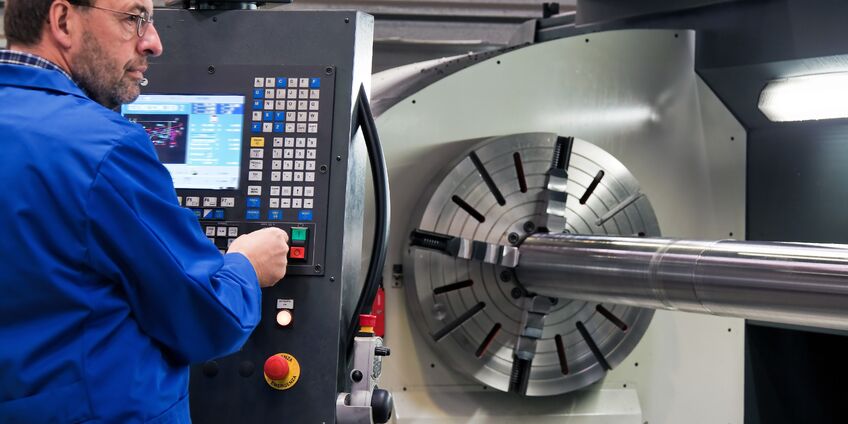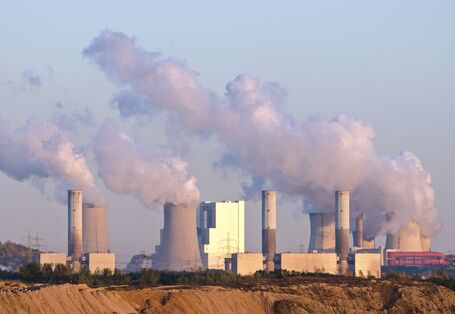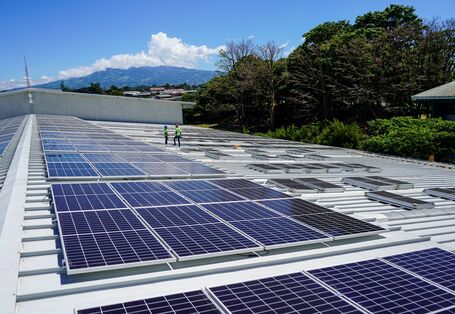NiCE-Conference “From Niche to Centre”

UBA invites to the final conference of the EU project “NiCE” on March 11–12, 2026, at the UBA headquarters in Dessau-Roßlau. Together with cities, regions, networks, NGOs, and initiatives, we want to discuss ways to promote sustainable consumption structures in city centers.









